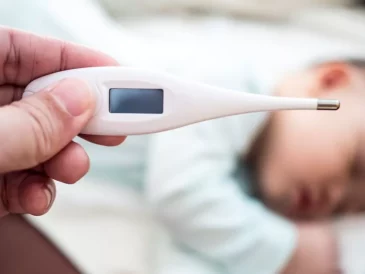Pregnancy is a crucial time when the body requires extra nutrition to support the growth and development of the fetus. Adequate intake of essential nutrients and calories is necessary to ensure a healthy pregnancy and delivery. The amount of calories needed by a pregnant woman varies depending on her pre-pregnancy weight, activity level, and stage of pregnancy. In this article, we will discuss how many extra calories pregnant women should consume in each trimester.
First Trimester
The first trimester is a period of rapid cell division and growth. During this period, the body requires an additional 100-300 calories per day. This is roughly equivalent to an extra small meal or healthy snack. However, some women may not have an appetite or may experience morning sickness, which can make it difficult to consume extra calories. In this case, it is important to focus on nutrient-dense foods such as fruits, vegetables, whole grains, lean protein, and healthy fats.
Second Trimester
The second trimester is a period of accelerated fetal growth and development. The body requires an additional 300-500 calories per day during this period. This is roughly equivalent to an extra half of a sandwich or a small serving of nuts and dried fruits. It is important to continue to focus on nutrient-dense foods and to stay hydrated. Eating smaller, more frequent meals throughout the day can help to manage hunger and prevent overeating.
Third Trimester
The third trimester is a period of significant weight gain for both the mother and fetus. The body requires an additional 450-500 calories per day during this period. This is roughly equivalent to an extra bowl of oatmeal or a small baked potato with toppings. It is important to continue to focus on nutrient-dense foods and to eat a variety of foods to ensure adequate intake of essential vitamins and minerals. Eating a balanced diet can help to prevent excessive weight gain and reduce the risk of complications during pregnancy and delivery.
Conclusion
In summary, pregnant women require extra calories to support fetal growth and development. The amount of calories needed varies depending on the stage of pregnancy, with an additional 100-300 calories needed during the first trimester, 300-500 calories during the second trimester, and 450-500 calories during the third trimester. It is important to focus on nutrient-dense foods and to eat a balanced diet to ensure adequate intake of essential nutrients and vitamins. By following these guidelines, pregnant women can help to support a healthy pregnancy and delivery for themselves and their unborn babies.





